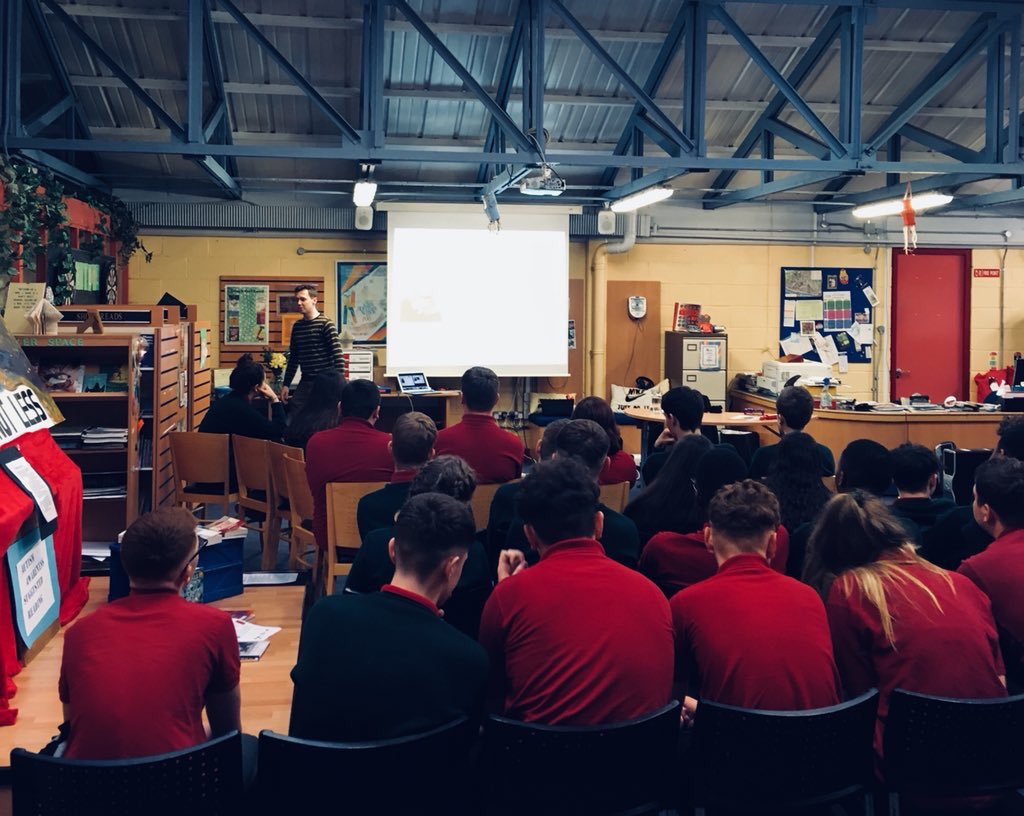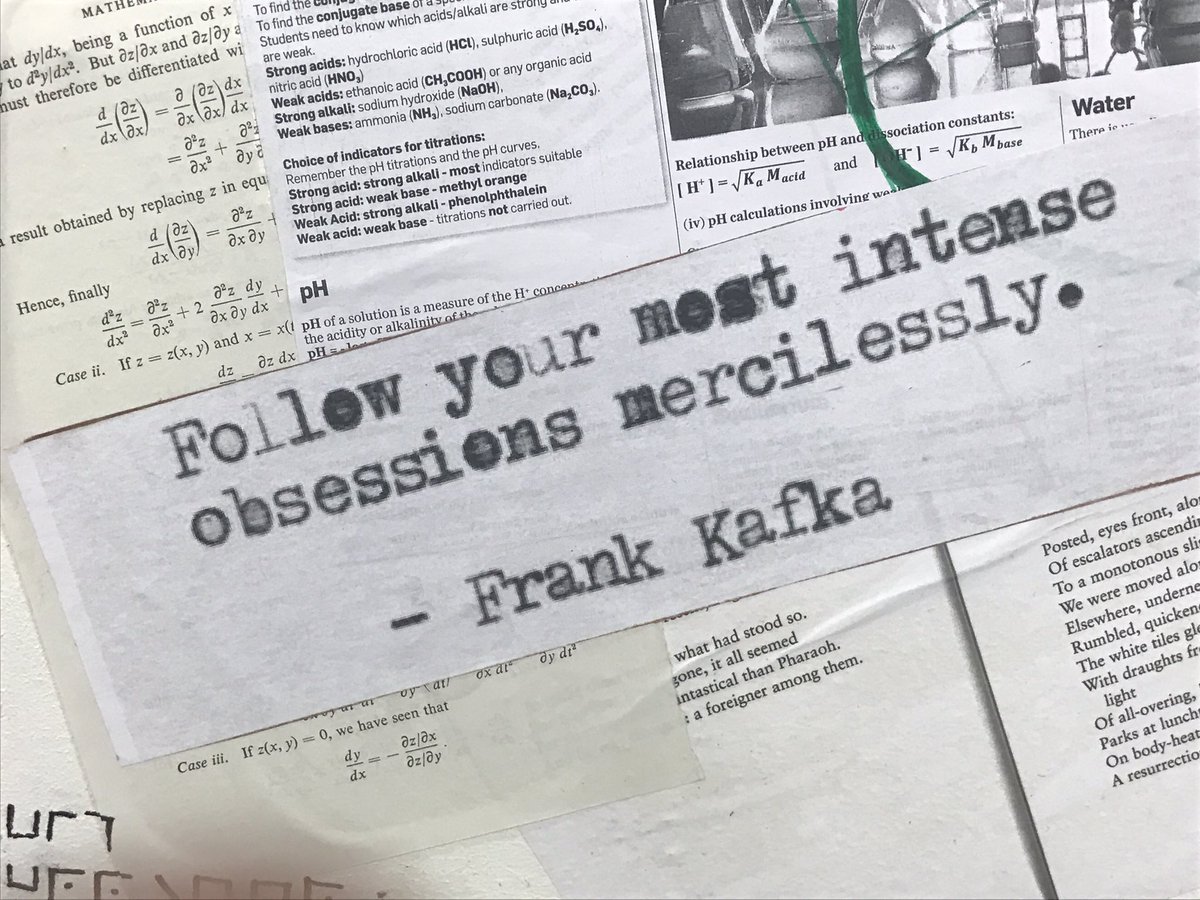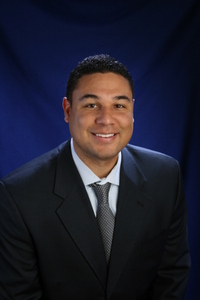
It is a meditation on racism and inequality in America. “The State Must Provide,” however, is about more than inequities in higher education. Some distances are hard to make up, even if moving with all deliberate speed. The state jumped at this chance to keep alive the “traditional policy of separate education.” It had 90 days to set up what took the university 90 years to build. As a result, Missouri had to integrate the law school at its flagship university or build a legal curriculum at Lincoln University, a Black college 31 miles away. The decision in the 1938 Supreme Court case, between the University of Missouri and a Black law school applicant named Lloyd Gaines, also left states a glaring loophole the chief justice’s opinion, Harris writes, “did not take issue with the separate clause of separate, but equal.” Black students had to be allowed to attend graduate school at a state university if no equivalent options were available at a local Black college. A year later, Kentucky robbed Peter to pay Paul: It appropriated $5,000 to send Black graduate students out of state - and cut funding to one of its own Black colleges to make up the difference. Instead of educating their own citizens, a few states paid to send Black students seeking graduate education to neighboring states Missouri sent 32 across state lines in 1935.

Some presidents even lobbied to close Black colleges to absorb their funding. Through vivid storytelling, he documents how white presidents of all-white, state flagship universities worked tirelessly alongside state lawmakers throughout much of the 20th century to keep segregation alive to the detriment of Black colleges.

Harris, a staff writer for The Atlantic, exposes the menace in the mundane. Highlighting the lives of those whose names line pages of case law, “The State Must Provide,” by Adam Harris, shows how the legacy of racism and exclusion shapes higher education today. When looking at the history of Black colleges, however, one can extend the maxim to include “the harder fought the battle.” From their inception, colleges established to educate the descendants of enslaved people have been given less and expected to do more. And with the recent appointments of Nikole Hannah-Jones and Ta-Nehisi Coates at Howard University, one may hear it with renewed vigor.

“The Blacker the college, the sweeter the knowledge,” the old saying goes.

Why America’s Colleges Have Always Been Unequal - and How to Set Them Right


 0 kommentar(er)
0 kommentar(er)
